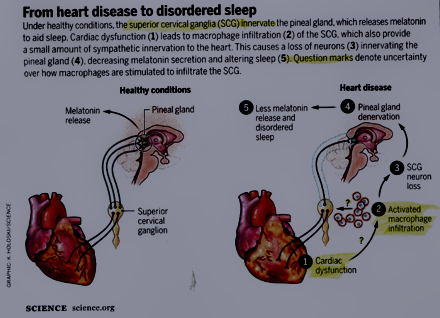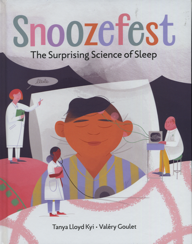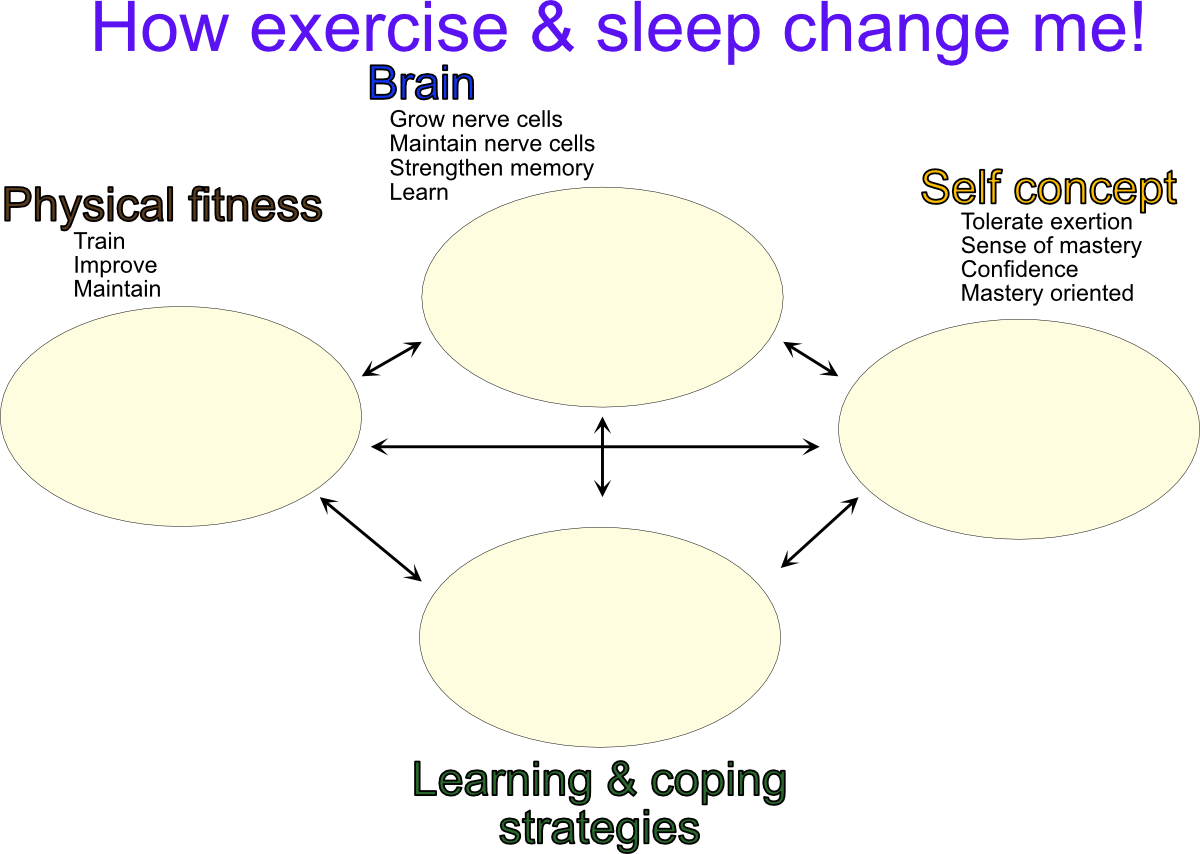Sleep - fact sheet
Sleep is like the golden thread that binds our health and body together.
Thomas Dekker
Sleep and health
People often think when we sleep we are stopping everything and resting.
That is not what happens. When we sleep our body's cells and systems are working. Blood pressure drops, heart rate is adjusted, temperature is lowered, digestion is slowed but continues, stress hormones decrease, human growth hormones (HGH) increase. Other hormones, insulin, and antibodies flow through our body working to repair and reset your body systems and promote growth. Repairs necessary in cells and DNA, and develop immunities and resistance to illnesses, and eliminate stress. While the brain regulates itself as nerve cells work to process the day's activities as it activates long term memories, assesses information, and consolidates memories by making associations.
Sleep relate research
In 1938 Nathaniel Kleitman and Bruce Richardson moved underground, away from night and day, to see if they could change from a 24 hour day to a 28 hour day. They found they couldn’t and discovered circadian rhythms.
Later Rutger Wever and Jurgen Aschoff conducted many more studies and learned much more about circadian rhythms. Results seem to suggest humans and many animals have an internal clock that is set to a 24 hour day night cycle that urges the body to sleep, wake, and eat on a regular day night schedule.
It is controlled by a cluster of neurons in the suprachiasmatic nucleus (SCN) which receives messages from light sensitive retina cells. When the sun was the only source of light for humans it provided information to the brain to tell it when it was night or day to help the body sleep or be alert and awake. When other light sources were invented or we travel around the world to extend light or dark, it gets out of sync. For example late night video binging or gaming or from jet lag. Sometimes strong light or sunlight helps reset it.
Every wonder how your pet knows it is time for you to feed them? Circadian rhythm.
Sleep pressure
Alex Borbely found circadian rhythms aren’t enough to explain our sleep cycles.
He discovered sleep pressure.
Sleep pressure is felt when your body is out of balance from lack of sleep. If you stay up and don’t sleep, then your body will crave more sleep in spite of the circadian rhythm saying it is day time and time to be up, but if you did not get enough sleep you may sleepy and nod off during the day.
Does the amount we sleep match day and night?
Nathaniel and Hortense Kleitman heard that people of northern Norway hardly sleep when the summer sun doesn’t set there. So they traveled there and found they did sleep; and their sleep schedules did not vary very much from summer, when people went to sleep about 11:00 pm. and slept for about 7.5 hours, to winter, when they went to sleep about 10:30 and slept for about 8.5 hours.
Sleep is also helped along with melatonin secreted by the pineal gland.
So what happens during all that sleep?
When we sleep there are different phases. Phases where we sleep lightly, dream, or sleep deeply.
Deep sleep is important to repair the body and consolidate memories. Getting rid of some and storing others. Storing ideas that are related and in the process connecting information so that you might wake up with a solution to a problem you were thinking about before you went to bed.
Or it might connect information with other information in a way that creates false memories.
Or sleep learning, which happens when you practice a physical activity before sleeping so after you sleep, your ability improves.
Teens and sleep
Mary Clarskadon researched teens sleep and found they produce melatonin later in the evening than younger children and adults. This causes a phase delay so they get sleepy later in the evening and arise later in the morning. This shift is also influenced by the fact that when they are awake for longer times, they don’t get sleepy as quickly as younger kids. However, teens need the same amount of sleep a day as younger kids (9.25 hours).
What happens if we don't sleep?
Researchers have discovered that when people are sleepy, their brains don’t process information as well as when they aren’t. They can have difficulty in noticing odors identifying smells, and making decisions, The prefrontal cortex has less blood flow and processes sugar less effectively, which causes attention problems, slow decision making, and less critical thinking.
People who have stayed awake for days have their bodies begin to malfunction, temperature becomes erratic, they have hallucinations, their heartbeat becomes irregular, and will eventually die if they don't sleep.
How did people sleep before modern technology?
When modern hunting and gathering tribes who live without electricity or other light sources were interviewed, they found they fell asleep about three hours after sunset and woke little before sunrise. They slept between 6.9 hours and 8.5 hours a night, with a bit more in the winter and a bit less in the summer. Hardly anyone had trouble sleeping.
How do we sleep better?
Exercise and sleep affect our body systems in many of the same positive ways. And each helps the other.
Sleep gets us ready to exercise and exercise gets us ready to sleep.
Regular exercise increases sleep time and the amount of deep sleep.
- Exercise
- Get sunshine
- Practice relaxation
- Make your bedroom cool, quiet, and dark
- Dim lights an hour or two before bed
- Go to bed at the same time each night
- Wake up at the same time.
- Caffeine is a major sleep killer. The brain receptors that normally let sleep pressure chemicals through get blocked because caffeine acts like adenosine. When the caffeine wears off the built up pressure gets through and you feel extra tired. Caffeine equals less sleep.
So ... Cut the caffeine - Put away your electronics - Blue light tricks the mind into thinking night is day.
If these ideas don’t work … , it’s time to see a doctor!
Final note
Research has shown that middle schools that start school later have students who sleep more at night, get better grades, feel less sleepy, have better attendance and punctuality, and didn’t shift their schedules to stay up later at night.
Source
Snoozefest: The Surprising Science of Sleep. by Tanya Lloyd Kyi. 80 pgs. 2021
An eye-opening illustrated look at the science of sleep. Everything anyone needs to know about sleep and what keeps us up at night! Information, crucial for our health and happiness.
A fascinating and readable story that explores why sleep is important, what happens in our bodies while we're sleeping, and how the science of sleep research has evolved. Includes sidebars and boxes full of fun facts that break the text into readable chunks. Along with links to information for life science, the human body, and health.
An activity to connect exercise and sleep for your improvement!
Can click on the image below and it will open in a new window, then print it landscape, and enter how exercise and sleep changes you.
Heart disease linked to sleep
When the heart malfunctions it can cause the immune system to affect the pineal gland to produce less melatonin, which decreases sleep and the benefits gained from it.

Source Heart Failure Causes Sleepless Nights: Cardiac dysfunction triggers immune-mediated loss of pineal gland melatonin release. By Harvey Davis & David Attwell. Science July 21, 2023.

